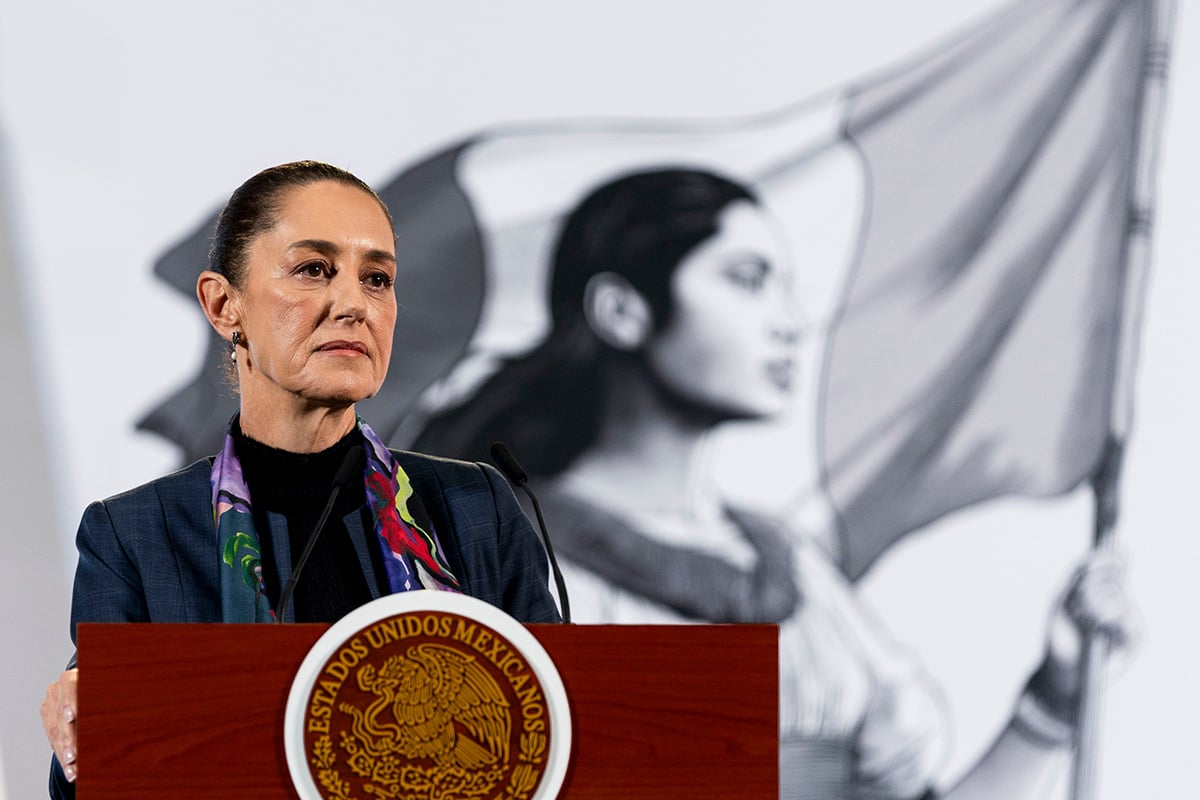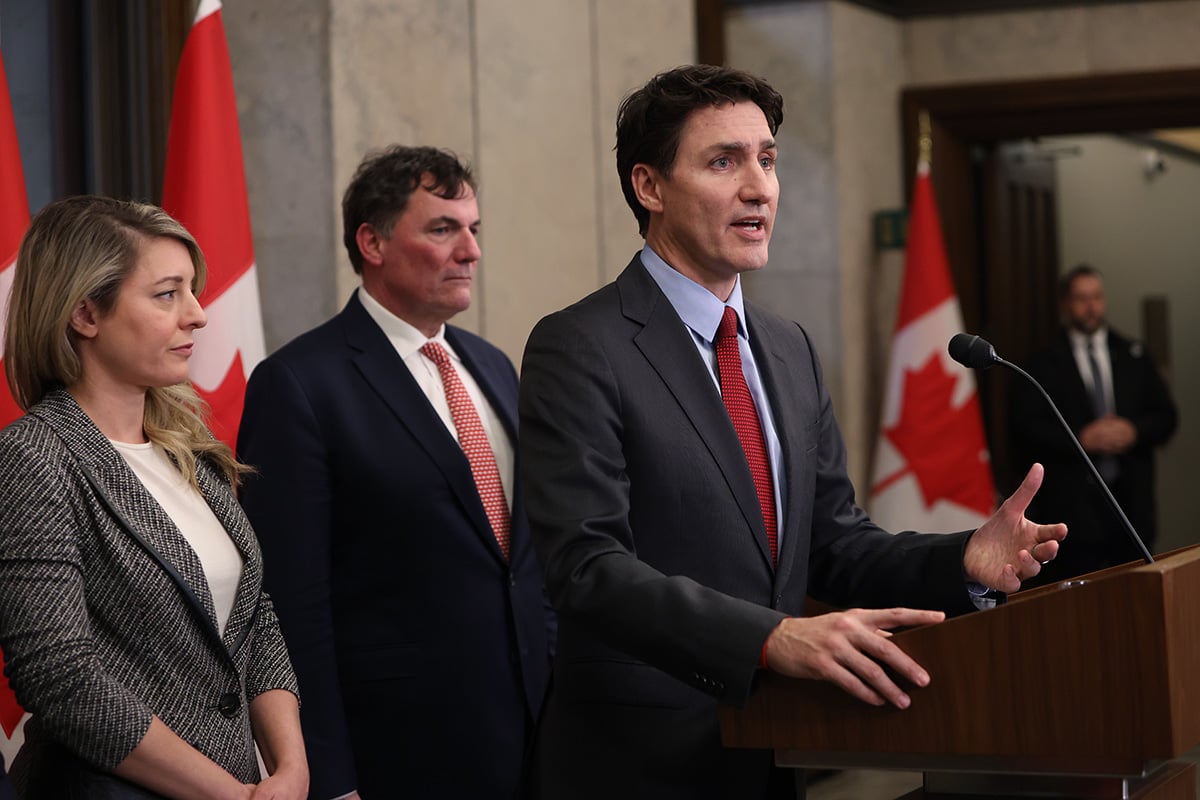If you're getting a bikini wax in Brazil, you're likely to find that the cost is rising. And if you're an economic policy maker, that's a problem.
As with more prosaic services ranging from car repair to dentistry, the price of waxing is rising faster than most components of the nation's economy. That's pushing inflation above the government's target and may force central bank President Alexandre Tombini to prolong interest-rate increases this year.
Price increases for services, which make up 24.1 percent of Brazil's benchmark inflation index, outpaced all other categories in the past two months, according to data released May 11 by the bank. They rose 8.57 percent in the year through April, the fastest pace in at least 15 years.
“Services will continue to be the main villain of inflation and may prevent prices from slowing to target next year,” Fernando Fix, chief economist of Votorantim Wealth Management, said in an interview from Sao Paulo. “Domestic demand is too strong.”
That includes a bikini wax, which in Brazil is often seen as a necessity rather than a luxury, said Elzimar Siqueira, former owner of a beauty shop and head of administrative affairs at the Syndicate of Women's Beauty and Hairdressing Institutes of Rio de Janeiro.
'Summer All Year' “We have one of the highest demands for waxing in the world because of our climate,” Siqueira said in a telephone interview. “We have summer all year, we're always wearing bikinis and miniskirts.”
One community listings website in Sao Paulo, Sampa Online, shows more than 90 waxing establishments.
At the Imaculada Hair and Makeup beauty shop in Brasilia, owner Alessandra Rita de Arruda Lopes says she's raised the price to 35 reais ($21.63) from 30 reais because “all my costs are going up.” The average price of the depilation procedure rose 12.4 percent in the year through April, the national statistics agency said last week.
Consumer prices in Latin America's biggest economy breached the government's 6.5 percent target ceiling in the year through April for the first time since June 2005. In a bid to cool inflation, policy makers have raised the benchmark Selic rate by 1.25 percentage points this year, to 12 percent. Brazil will increase interest rates for a “sufficiently prolonged” period of time to ensure inflation slows to 4.5 percent next year, Tombini said May 11.
Benchmark Rate Analysts covering Brazil expect the central bank to boost the Selic to 12.5 percent by year-end, a survey of about 100 economists published this week showed. The real will end the year at 1.62 per dollar, little changed from 1.6198 today.
Some analysts predict a higher rate. “Inflation will continue to make itself felt,” Paulo Leme, managing director for emerging markets at Goldman Sachs Group Inc., said in a telephone interview from Miami. He forecasts the Selic will rise to 13.25 percent at the end of 2011
Brazil's GDP per capita reached a record $10,813 last year, after the economy grew 7.5 percent, the fastest pace in more than two decades. The Finance Ministry predicts growth of 4.5 percent in 2011. Mexico, Latin America's second-biggest economy, saw gross domestic product grow 5.5 percent last year, and central bank Governor Agustin Carstens on May 12 forecast expansion of 4 percent to 5 percent in 2011.
Labor Market Brazil's growth has helped increase demand and drive up prices for services. Also contributing is a tight labor market, which has caused a shortage of workers in some industries and may in turn result in real wage increases in collective bargaining this year and next, said Constantin Jancso, an economic analyst at Sao Paulo-based HSBC Bank Brasil SA.
“Negotiations with metalworkers and bankers begin in the third quarter,” Jancso said. “I wouldn't be surprised to see increases of 10 percent, which will feed demand a little more.”
Brazil's unemployment rate has remained below 7 percent since June and reached a record low 5.7 percent in December before rising to 6.5 percent in March, according to the national statistics agency.
The Brazilian economy may generate 3 million government- registered jobs this year after net creation of 2.5 million jobs last year, Labor Minister Carlos Lupi said May 11.
Brazil's Bovespa Index was outpaced by both the MSCI Emerging Markets Index and the Standard and Poor's 500-stock index in the 12 months through April.
Commodity Prices Inflation is accelerating in other emerging and developed economies such as China, India, and the euro zone, largely spurred by rising commodity prices. Brazil's inflation is being fueled by more than just commodities, Tombini, 47, said yesterday.
Prices of 20 of 41 services monitored by the central bank accelerated in April from March, led by recreation, parking and car maintenance. In the year through April, 26 services accelerated above the government's target.
Oil changes and car cleaning prices rose 18.25 percent in the year through April, outpacing the 6.51 percent increase in the benchmark inflation rate. Hotels and dressmakers increased prices by 14.03 percent, according to the agency.
Service prices have outpaced benchmark inflation in Brazil since March 2004, rising at an annual average of 6.45 percent through February 2011, while the inflation rate averaged 5.32 percent, the report showed.
Durable Goods The cost of services accelerated faster than the other four categories in the inflation report: durable, semi-durable and nondurable goods, and monitored prices such as public transport and utilities.
Price increases in Brazil, especially for services, are spurred by a process known as indexation, under which past inflation is used as a benchmark for raising prices again. Brazilian rents, for example, are annually adjusted based on the wholesale IGP-M index, which rose 11.32 percent last year.
Former President Luiz Inacio Lula da Silva also indexed the minimum wage, which helps determine government pension payments. He signed a deal with unions in 2006 to boost the wage annually by a percentage adding the previous year's inflation to economic growth from two years back. In 2012 that formula is likely to yield a minimum wage increase of more than 13 percent.
Higher wages are one reason Brasilia beauty shop owner Alessandra Lopes is raising all her prices. Meal vouchers, cosmetics, and the cost of “depi rolls,” which are used to spread the wax for depilation, are also going up, she said.
“Some clients are coming less frequently for haircuts because of the higher price,” Lopes said. “But not for waxing. Brazilian women might let their hair grow longer, but they'll never stop getting waxed.”
Bloomberg News
Complete your profile to continue reading and get FREE access to Treasury & Risk, part of your ALM digital membership.
Your access to unlimited Treasury & Risk content isn’t changing.
Once you are an ALM digital member, you’ll receive:
- Thought leadership on regulatory changes, economic trends, corporate success stories, and tactical solutions for treasurers, CFOs, risk managers, controllers, and other finance professionals
- Informative weekly newsletter featuring news, analysis, real-world case studies, and other critical content
- Educational webcasts, white papers, and ebooks from industry thought leaders
- Critical coverage of the employee benefits and financial advisory markets on our other ALM sites, PropertyCasualty360 and ThinkAdvisor
Already have an account? Sign In Now
*May exclude premium content© 2025 ALM Global, LLC, All Rights Reserved. Request academic re-use from www.copyright.com. All other uses, submit a request to [email protected]. For more information visit Asset & Logo Licensing.





